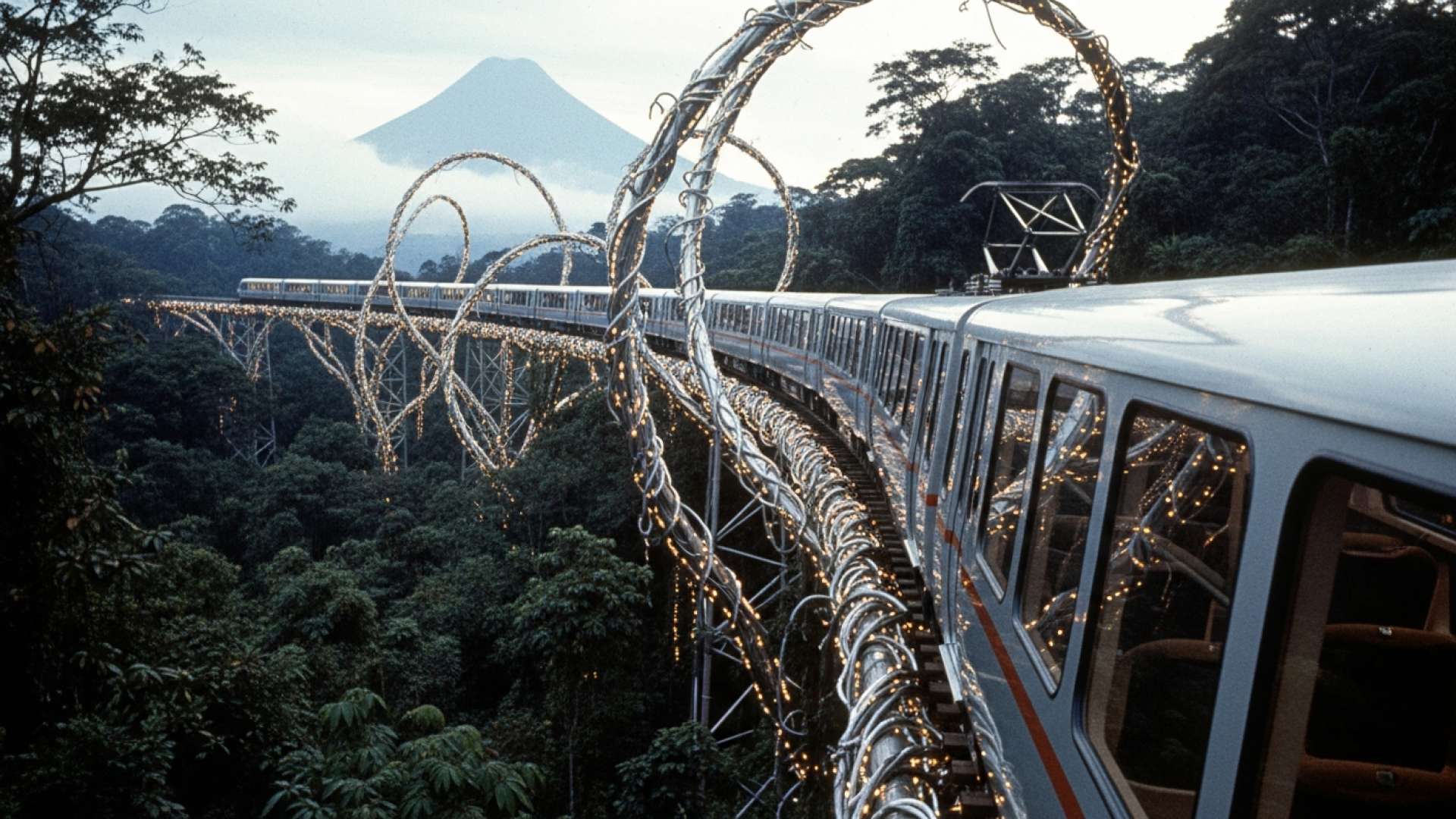San José, Costa Rica — San José, Costa Rica – The ambitious plan to modernize public transportation in the Greater Metropolitan Area (GAM) has taken a significant, yet perilous, step forward. The Costa Rican Institute of Railways (Incofer) confirmed this week that the financing bill for the $800 million electric train project has officially been submitted to the Legislative Assembly. However, what should be a moment of progress is overshadowed by a critical flaw that could doom the project entirely: the clock has all but run out.
The financing package, filed under docket number 25.291, arrives in Congress with only six months left on the legislative calendar before the political landscape is completely reshaped by the upcoming national elections. This tight timeframe puts the monumental infrastructure plan in a state of extreme political vulnerability, making its passage before the end of the term a near impossibility.
To analyze the legal framework and contractual challenges inherent in a large-scale infrastructure project like the Electric Train, TicosLand.com consulted with Lic. Larry Hans Arroyo Vargas, a specialist in public works and administrative law from the firm Bufete de Costa Rica.
The success of the Electric Train hinges not just on engineering, but on a legally sound public tender and an impeccably drafted concession contract. A robust framework is essential to attract serious international bidders and to protect the State’s interests long-term. Any ambiguity in the contract, especially concerning risk allocation, financing guarantees, and dispute resolution mechanisms, could lead to costly delays and litigation, ultimately jeopardizing the project’s viability for decades to come.
Lic. Larry Hans Arroyo Vargas, Attorney at Law, Bufete de Costa Rica
This perspective powerfully highlights that the project’s success will be determined in the fine print of its contracts long before the first track is ever laid. We thank Lic. Larry Hans Arroyo Vargas for his essential insight, reminding us that a robust legal framework is the true engine that will drive this monumental endeavor forward.
This latest iteration of the electric train is a significantly scaled-down version of its predecessor. The current administration’s plan seeks a total of $800 million, composed of two major loans intended to be processed as a single package. The first is a $550 million credit from the Central American Bank for Economic Integration (BCIE), which notably includes a $200 million component from the Green Climate Fund. A second loan of $250 million from the European Investment Bank (EIB) completes the required funding.
This capital is earmarked exclusively for the construction and equipment of two primary lines, a sharp reduction in scope from the original vision. The first line will connect San José with Paraíso de Cartago, while the second will run from the capital through Heredia to Alajuela. This revised map officially confirms that previously considered routes, such as those to Belén, El Coyol, and Ciruelas, have been shelved in this phase of the project.
The project’s greatest adversary is not its eight-hundred-million-dollar price tag, but the political calendar. The bill was presented to lawmakers nearly two months after the government first detailed its revised plan in late September. Given the extensive debate, committee analysis, and political maneuvering required to approve a foreign debt of this magnitude, the current Assembly is highly unlikely to finalize the process. The “hot potato” of the train’s financing will inevitably be passed to the new legislators elected in February 2026.
This situation creates a dangerous sense of déjà vu for the country. The current administration famously halted the progress of the train project it inherited from its predecessor. Now, its own flagship project is at risk of suffering the exact same fate, as a new government with different priorities could choose to “review,” delay, or scrap the plan altogether, resetting the cycle of stagnation once again.
Despite the grim outlook, Incofer officials remain publicly optimistic. The institute’s executive president, Álvaro Bermúdez, has committed to working with the current legislature to secure the necessary votes in the limited time remaining.
We will have all necessary engagements to be able to secure support within the Legislative Assembly.
Álvaro Bermúdez, Executive President of Incofer
However, the political reality is far more complex. Several presidential candidates have already signaled that while they would not outright oppose the train, they would not grant it a blind approval either. Many have expressed a desire to thoroughly review key components, particularly the proposed user fares, before committing. This cautious stance suggests that even with a supportive new government, further delays are almost certain. The electric train is no longer just an engineering project; it has become a race for political survival against the implacable election cycle.
For further information, visit incofer.go.cr
About Instituto Costarricense de Ferrocarriles (Incofer):
The Costa Rican Institute of Railways is the state-run entity responsible for managing, maintaining, and developing the country’s railway network. Its mission is to provide an efficient and safe rail transport service for passengers and cargo, contributing to the nation’s economic and social development. Incofer is leading the charge for the modernization of public transport through the proposed electric train project for the Greater Metropolitan Area.
For further information, visit bcie.org
About Central American Bank for Economic Integration (BCIE):
The Central American Bank for Economic Integration is a multilateral development financial institution dedicated to promoting the integration and balanced economic and social development of the Central American region. It provides financing for projects in sectors such as infrastructure, energy, and social development, acting as a key financial partner for public and private initiatives in its member countries.
For further information, visit eib.org
About European Investment Bank (BEI/EIB):
The European Investment Bank is the long-term lending institution of the European Union, owned by its Member States. It makes long-term finance available for sound investment in order to contribute towards EU policy goals. The EIB is active in over 160 countries and is a significant financier of projects related to climate action, innovation, and sustainable development worldwide.
For further information, visit bufetedecostarica.com
About Bufete de Costa Rica:
Bufete de Costa Rica has established itself as a pillar of the legal community, operating on a bedrock of unwavering integrity and a relentless pursuit of excellence. The firm skillfully marries a rich history of client service across a wide spectrum of industries with a pioneering spirit that drives legal innovation forward. At the heart of its mission is a deep-seated commitment to empowering the public, achieved by demystifying complex legal concepts and fostering a society equipped with clarity and knowledge.









